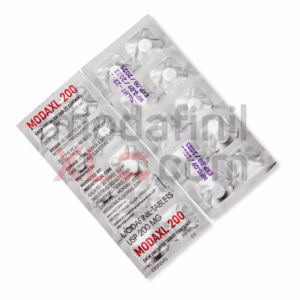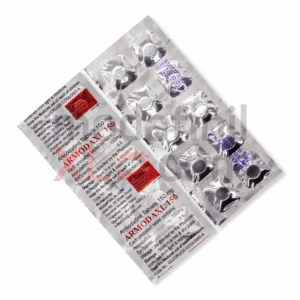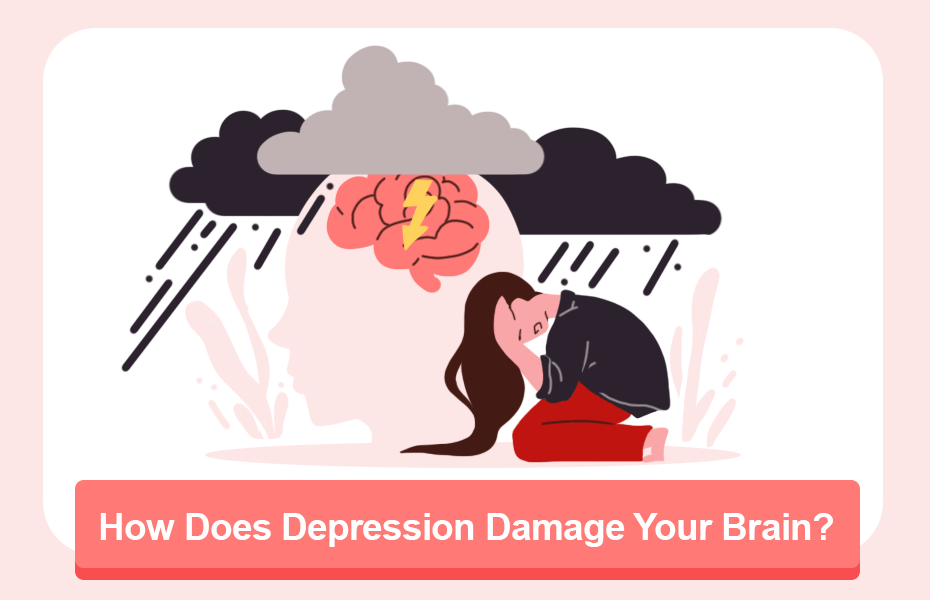How Does Depression Damage Your Brain?
Let’s be honest, we cannot find a person who has never heard of this disease. Depression is one of the most common conditions that can cause irreversible changes in the brain and harm mental health. Therefore, everyone should be able to recognize the signs of depression to prevent any negative consequences.
Signs of Depression
Depression is a common identification of abnormalities in brain chemistry. This disorder changes mood in destructive way, and, unfortunately, all these symptoms always affect daily life: at work, at college, at school, etc. Here are some common symptoms of depression:
- thoughts about death;
- constant anguish;
- sleeplessness;
- unwillingness to engage in physical activity;
- loss of interest;
- feeling guilty, etc.
These can be seen in unaffected people, too, but people suffering from depression have more intensified and long-term syndromes. Usually doctors diagnose another category of depression – major depressive disorder(MDD).
There is still not enough information about this disease, however, scientists lean toward genetic problems, stress, and metabolic dysfunction in the body for reasons of such a diagnosis.
What Happens in Your Brain When You Are Depressed?
Not the whole brain affects the formation of a depressed mood, but just three areas of it: the hippocampus, amygdala, and prefrontal cortex. Here’s what happens in the brain when you have an unstable biochemical metabolism: the hippocampus is in charge of saving memory and the production of hormone cortisol. However, durable high levels of cortisol cause reduction of forming new neurons, and neurons in the hippocampus shrink. Memory, along with behavioral link and sense of self, are damaged, which means the nervous system is out of order.
The prefrontal cortex deals with emotions and decision-making. In the case of high levels of cortisol, the stress hormone induces shrinkage in the prefrontal cortex.
The amygdala is in charge of emotions. In patients with depression and high levels of cortisol, the amygdala is enlarged and causes side effects: sleep disturbance and activity patterns.
Thus, the cortisol levels in people with depression are high, and become normal just in the morning. That is why scientists are sure that correcting cortisol levels has huge interference during the treatment of depression.
Changes in Mental Abilities
Effects of depression on the brain are severe. While some structures of brain try to balance all the chemical stuff in your body, others are in danger.
The thalamus, let’s say, is the heart of brain. The signals of the body come into it and are dispatched to other parts of brain in charge.
The hypothalamus, which means below the thalamus, controls producing hormones, emotional response, eating, and libido. In case of diagnosed depression, the hypothalamus works incorrectly. People diagnosed with depression often experience irritation, anxiety, negative thinking, low mood, and frequent ups and downs.
However, the depression can be misdiagnosed because of similar symptoms with another serious disease – dementia. Dementia is not exactly a disease, but a group of symptoms which describe an irregularity in mental ability. The most likely symptom of depression is memory loss, which is observed in both dementia and depression. Despite the similarity of symptoms, each disorder must be treated individually.
Depression Therapy and Treatment Can Improve Brain Function
It is obvious that returning the right levels of cortisol in the human body can treat this disorder. This means that all the problems are reversible. At the same time, treatment can also be crucial in improving brain function, for instance in improving neural network plasticity. How do all those medications work?
- Selective serotonin reuptake inhibitors(SSRIs), serotonin-norepinephrine reuptake inhibitors (SNRIs) and tricyclic antidepressants, norepinephrine-dopamine reuptake inhibitors (NDRIs), and monoamine oxidase inhibitors (MAOIs) help to increase norepinephrine – all of these meds control production of important hormones in brain respectively: serotonin, dopamine, and norepinephrine. Each of them must be prescribed individually by doctors, since each of them treat differently.
- Non-traditional meds help people to stay positive and active, as well as increase brain activity. They also relieve unpleasant symptoms and help to relax the body. Modafresh and Artvigil help to improve brain function due to depression and are highly recommended for such purposes. They can be easily found on the ModafinilXL website.
These medications will help to overcome this disease, relieve symptoms, and totally forget about it.
Right Habits to Overcome Negative Symptoms
Someone goes on taking pills, but don’t perceive it, just like taking a placebo. There are always other ways to become and stay healthy. For instance, your daily ration must be well-balanced and nourished, including a daily dose of vitamins and minerals.
Physical activity is always highly approved by doctors, this allows not just weight loss but the production of serotonin.
Don’t forget about friends and their support. Try to find hobby or a person who wants to spend time doing the same things as you. Never stop, always try something new!















